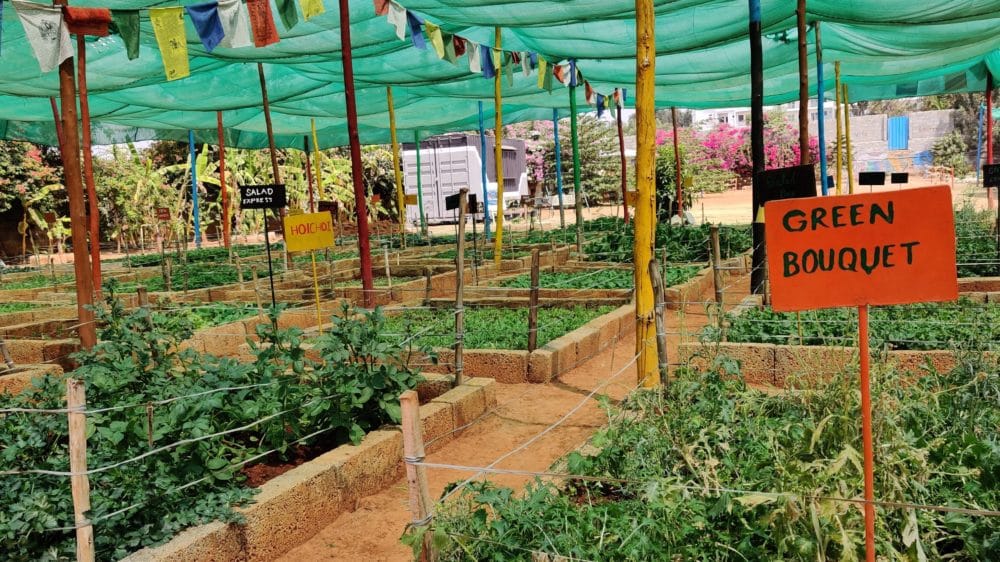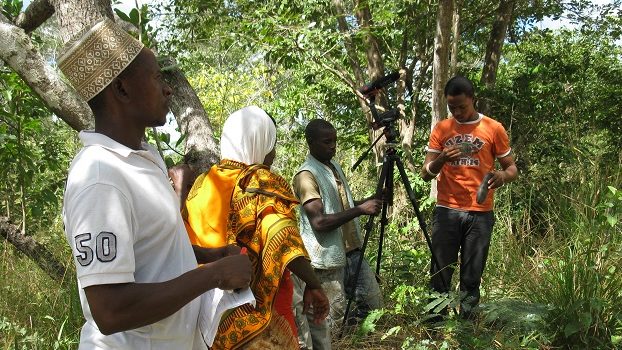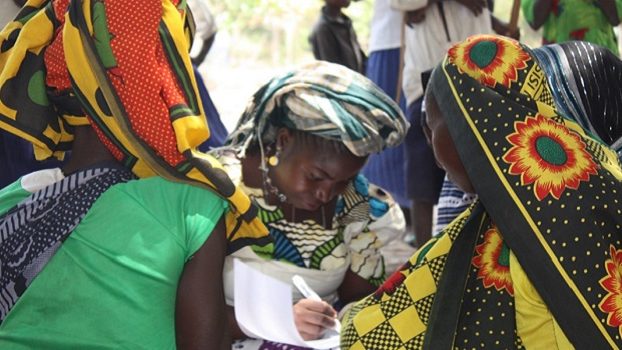One of the main causes of the inadequate uptake of reproductive health services is women’s weak control over pregnancy-related decisions. When and how many children to have, and whether and where to seek pre-natal, delivery and post-natal care, are crucial decisions that may shape an important pathway into or out of extreme poverty. To identify policy initiatives that can break the vicious circle between women’s low empowerment, poor reproductive health and poverty, this project aims to increase our knowledge about the decision-making processes around the use of reproductive health services in Burkina Faso and Tanzania.
We plan to do this by conducting new, innovative research in Burkina Faso and Tanzania, while focusing on four stages of the reproductive health cycle 1) use of family planning services (including contraceptives) before pregnancy; 2) use of antenatal care during pregnancy, 3) use of delivery services at childbirth and 4) use of post-natal services after delivery. For each of these stages we propose to analyse how the uptake of reproductive health services is influenced by a bargaining process between women and their spouses or partners, who might have diverging beliefs, preferences and access to resources. We will also study how these beliefs, preferences and access to resources are shaped by the community networks in which women and their spouses or partners are embedded.





